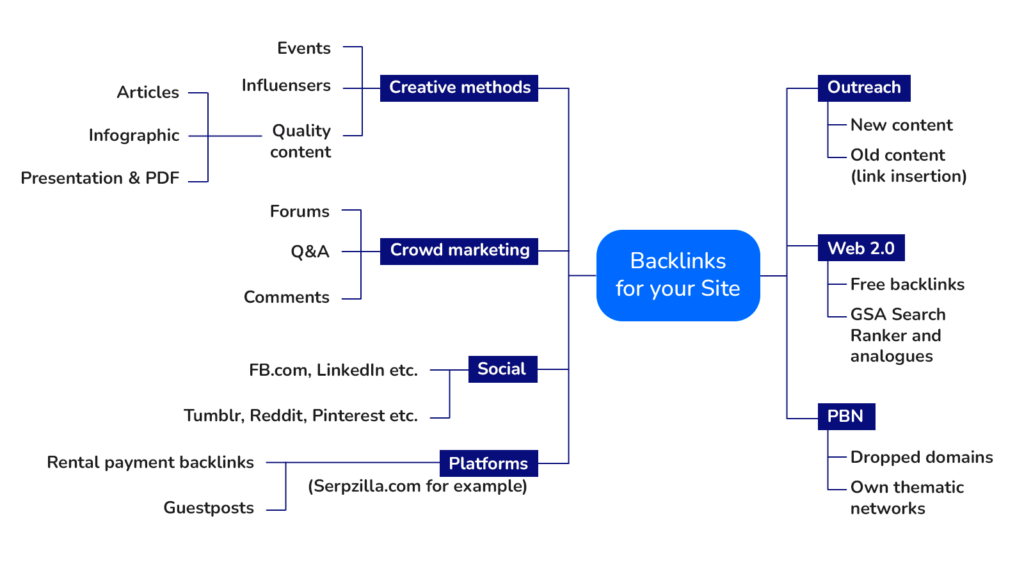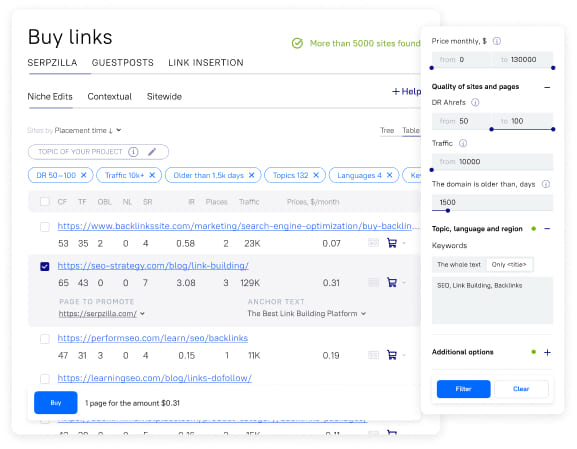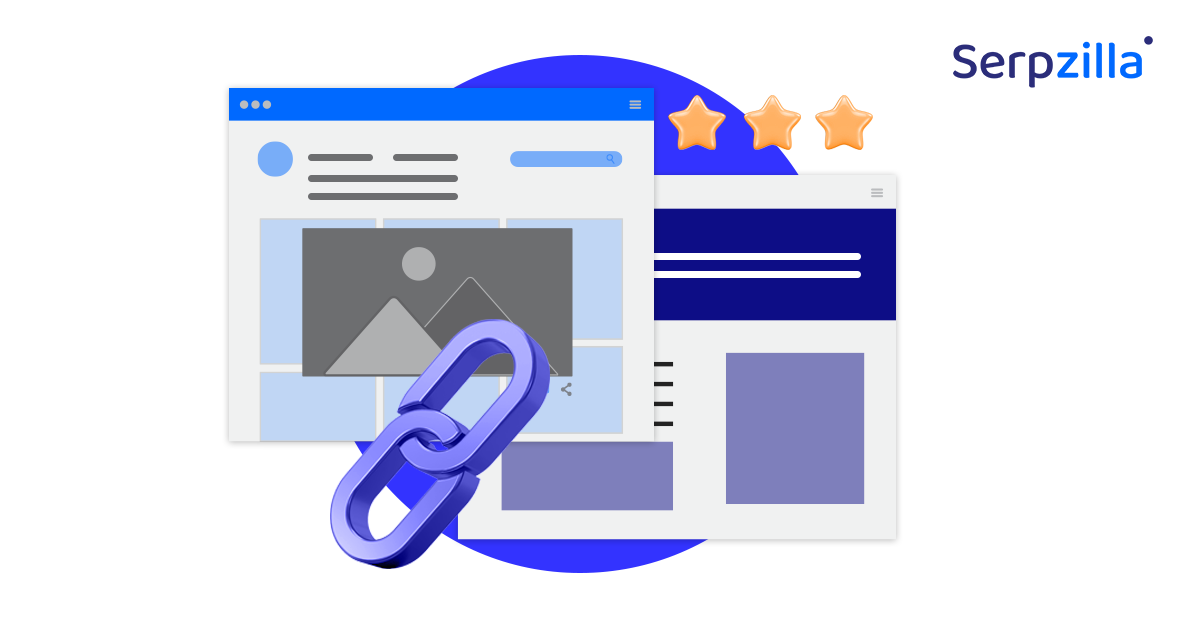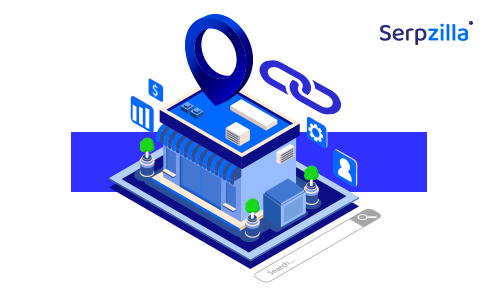You shouldn’t pay for links, should you? Paid links are bad.
Nope. Google recognizes that “buying and selling links is a normal part of the economy of the web” as per their Search Essentials documentation.
Besides, try getting a ton of links for free. Try to “earn” them. Go on, I’m waiting.
If you’re back here, let’s discuss how to build a business case for link building, how much money you need to spend before you expect rankings, and how to consistently get ROI from your link building efforts.
Different Link Building Methods and their Costs
Links are like fingerprints – no two links are built alike. There are a ton of ways in which you can build links – some better, others quicker, still others easier.

It follows that the value of each link – or to be more precise, each type of link – differs too.
We all know about the usual kinds of links described in the infographic above –guest posts, articles, directories, forums, and so on. Some of the less common formats are:
Private Blog Networks (PBN)
A PBN is an artificially created network of sites with a lot of content in the form of blogs. All of these “feeder sites” are mostly in the same niche or related niches. You build links to the site you want to rank from most of them. When you’re careful not to create a pattern that Google can identify, these links can be very powerful.
PBN links usually cost a lot because you get them in bulk; however, this means that the per-link cost is lesser than the average.
Influencer marketing
A very nice way to gain organic backlinks as well as brand authority is by partnering with influencers. If you can make them your brand ambassadors or advocates, they might end up promoting your products on niche websites and platforms that have a significant qualified audience or highly regarded in your industry.
Rented links
One concept that is rapidly gaining popularity is that of renting links. It might be expensive and time consuming for a small business or upcoming brand to buy links. Renting links from a relevant website is a good option in such cases. By the time the rent runs out, you’ll have amassed more authority and content that can help you build more natural links.
Serpzilla helps you build rented backlinks reliably and quickly – in fact many of the sites in our database offer rented links only. This way, there are less chances of either site being penalized by automated Google algorithms, which might categorize these links as artificial or unnatural.
Automated links
This is another Serpzilla-special way of building links faster and within your budget. Once you choose our “auto mode” for building links, the program analyzes the kind of links that are relevant to your site and automatically allocates budget (with your approval) to a set of links.
This way, you can finalize thousands of links in a few hours. Not that I said “finalize,” not “build.” Automating link acquisition doesn’t mean you have to build them all in a day. You can spread them out according to your monthly budget as well as a pace that’s more in line with your industry and competitors, so as not to trigger any Google penalties.
Link mining from brand mentions
Branding is one of the quickest ways to build the “authoritativeness” part of Google’s EEAT philosophy. Search engines give importance to brand mentions as it helps them mimic real-world consumer behavior. For instance, when a sports brand or shoe manufacturer launches a new line of sneakers, they hold small and large events across multiple cities and stores. These are picked up by the local and national press as well as influencers. As a result, these products get natural media coverage through advertising and digital PR.
Many times, a media outlet will cover this news but not link to your brand. Whereas a simple link from a media publication would be great for your brand because they usually have significant site and domain authority. What you need to do is, reach out to these publications or influencers and request them that it is only fair that they link to you as they mention your brand or product. Rarely will any publication refuse to do that.
The only cost of this to you is effort – these links are mostly free of cost, so why not add them to your plan?
How to Allocate and Distribute Your Link Building Budget
Allocating a link building budget only for the next month or next two-three months is a bad idea. It’s far more efficient to plan for the entire year. Link building, like most other SEO activities, takes time to show results. The ranking boosts from the first links you get will start showing up 40-50 down the line. These results will give you a better idea of how to tweak your plan for the rest of the year.
You also need to look at the competitive environment – How many links are your competitors gaining every month? What is their spend on SEO and PPC? Based on this, you can decide the number of links to build every month and refine your budget accordingly. Competitive analysis will also tell you more about the types of links that work well for your industry.
From an internal analysis at Serpzilla, we found that the average distribution of budget among different types of links is as follows:
- 60% for rental links
- 25% for guest posts
- 15% for everything else
Since the ideal backlink to referring domains ratio is 1:1, outreaching is a very expensive, time consuming and effort-intensive process. Conversations with agencies and clients who used to do manual outreach before trying Serpzilla revealed some shocking figures. Despite spending anywhere from $10,000 to $20,000 on their link building efforts, many of them failed to see any ranking improvements. The only explanation could be, injudicious choice of target pages. Serpzilla enabled them to stem the rot by:
- streamlining their monthly spend according to their budget
- giving them better control and choice of metrics while selecting sites to approach
- reducing the time for links to go live
- making sure the links stayed live for a set/longer period of time
Finally, don’t forget to allocate about 20% of your link budget to experiments. You don’t want to blindly copy your competitors – you want to outdo their results, don’t you? For that, you need to come up with some creative link building campaigns, just like you’d do guerilla marketing in the real world.
Boost your SEO results! Link building has become fast and easy with Serpzilla. Buy quality backlinks on authority websites with high DR.

Growth Hacking Your Links
Finally, here’s some quick-fire tips on finding great websites that will link back to you and making long-term investments in link building:
- When selecting sites to build links from, choose those that have an upward trend in traffic as well as domain rating and authority. If you currently pay $10 for DR 5 link, but if you think it has great metrics, it won’t be long before it hits DR 50 and then your link will be worth 10 to 20 times more.
- Needless to say, focus on getting more unique referring domains over a higher number of backlinks from the same sites. (Rental links from Serpzilla will help here.)
- Check whether the number of outbound links from the site you’re targeting is declining. If you see a sharp drop in this number, it might mean that the webmaster is in the process of cleaning up and it’s likely your link will be gone in the next few months.
- Check if the page you’re getting a link from is currently indexed in Google. While there is some evidence that link juice does flow from non-indexed to indexed pages, why take the chance? An indexed page is far better.
- Always build contextual links. The topic or theme of the page that links to you is more important than the overall theme of the site. Google’s PageRank takes into account the specific page that links to you, not the whole site. While it’s great if the whole site is relevant to your page, a contextual page-to-page reference does the job quite well.
So, with these smart strategies, you’ll be able to build high quality backlinks with a low budget. Once you can definitively tie back these links to organic search rankings, you should strengthen your business case and get management to increase the budget so that you can build even more valuable links.









